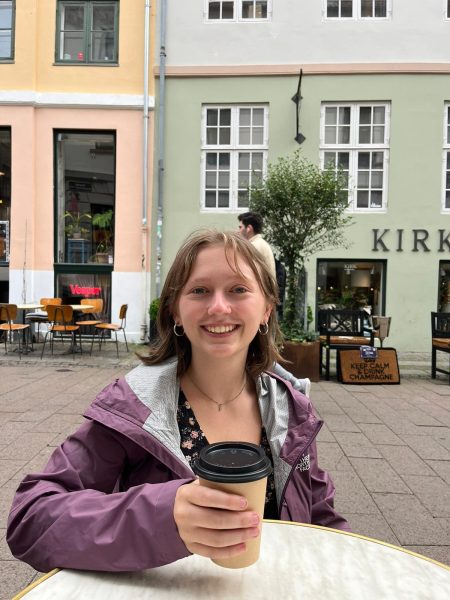The Macalester Registrar’s Office adjusted the process for registration with equity in mind during the Spring 2024 registration cycle from Nov. 6-17. Instead of basing students’ registration time on their credits, the registrar’s office determined registration time by students’ randomly assigned cohort.
“A cohort is established in the year students arrive at Mac. Once assigned, the cohort does not change,” Registrar Timothy Traffie wrote in an email to The Mac Weekly. “The placement within a registration group is randomly assigned after the cohort begins at Mac. Once the registration groups are assigned, we can provide students with the days/times for registration for the remaining semesters at Mac.”
The introduction of the cohort-based registration group replaces the prior alphabetical grouping by surname.
“Going forward, the days/times are defined by the registration group that can now be found in Degree Works,” Traffie wrote.
A numerical PIN is given to students as a key to enter their registration, under this new system the PIN is programmatically assigned to each registration group following a four-digit sequence for fall and a six-digit sequence for spring. Traffie said that this adjustment fosters an equitable registration process because students’ registration time is not impacted by the amount of credits they’ve earned.
“Cohort registration provides an equitable approach by defining registration days and times across a students’ time at Mac,” Traffie wrote. “Students are no longer registering later [due to a leave of absence or pending study away credits] or registering earlier [based on credits].”
Credits students earn prior to coming to Mac are reviewed by Macalester’s transfer guidelines, allowing transfer credits to count towards their degree. Transfer credits include Advanced Placement (AP), International Baccalaureate (IB) and credits from other colleges.
“Not all students have the same access to AP, IB or other college credits,” Traffie wrote. “This was a primary reason for creating a system that no longer defines registration groups by credits earned, as not all students have an opportunity to earn these credits prior to coming to Mac.”
Some students, such as Sophie Diliberti ’26, did not come into college with a lot of credits. By changing the registration process, Diliberti is guaranteed to register with her grade-level peers.
“I didn’t have the credits to register a grade ahead like some people,” Diliberti said. “Personally, I thought it seemed like a good way to make the registration process more equitable.”
Traffie said that the conversation around this change came up when he interviewed for the position in 2019.
“Since that time, both faculty and students would ask, ‘how can we create a more equitable registration process?’” Traffie wrote. “The Education Policy and Governance (EPAG) committee named this as a priority during the 2022-2023 academic year.”
The decision to change the registration process encompassed various departments and student groups.
“Over the past two years, the Academic Affairs Committee (AAC) of [MCSG] has been involved with this change,” Traffie wrote. “As have faculty independent of, and as part of, EPAG. We also involved students working in various offices about the proposed changes.”
The process of registration in general requires a collaboration of a multitude of departments and people on campus. Creating class schedules, building the classes in the registrar’s systems, and providing an equitable way to register all must coincide to make the process run smoothly.
“There are many behind the scenes processes that must align to make registration happen,” Traffie wrote. “Our goal continues to be student focused with providing access to registration.”
Traffie suggests students utilize degree works to plan their classes and to contact the registrar if something looks off. Questions about PIN numbers should be directed to the student’s advisor.







